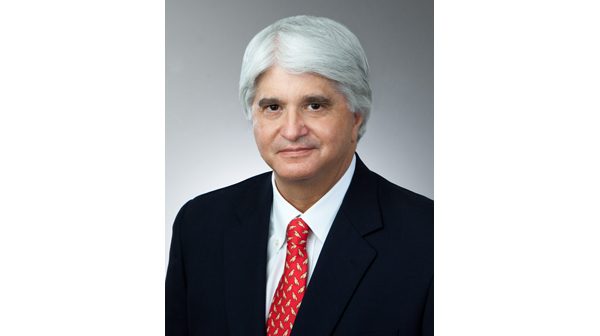
JR: I never had the opportunity. I never had the hours by the time the practice track closed. I understand why the practice track closed, but regret that I never had the ability to take the exam.
Explore This Issue
ACEP Now: Vol 37 – No 01 – January 2018KK: Sure I understand. I don’t know that that would be obvious to people. I think some may just assume you chose not to, which would certainly devalue the process. It was not available to you because of the timing of your career transition.
What are your feelings about residency training and board certification as the standard for the practice of emergency medicine currently and in the future?
JR: I think it’s a mistake for anyone to think they can just do this work without residency training. Someone who is residency trained and board certified is distinctly different, to me, than someone who is not. My commitment to the residents should be evidenced by the fact that, in Boston a few years ago, the Emergency Medicine Residents’ Association (EMRA) was asking for more representation on the Council. I was the member of the Board that stood up and supported them.
KK: Your words aren’t forgotten. It’s also been noted that you said, “EMRA is the crucible in which the future of emergency medicine is forged.” Why did you say that? Was that just campaign rhetoric?
JR: No. I wasn’t campaigning for anything at that time. I was just standing up and speaking from my heart. I fully meant it.
KK: To summarize, it is not only possible, but in your case the reality, that someone that has practiced in a different era who didn’t have the same training and certification options can see the value and the foundational importance of residency training and board certification and recognize that as our future.
JR: Of course. Even when I was a resident—and this may surprise many people—there were many surgeons who were fellows of the American College of Surgeons who were not board certified. We should be committed to perfecting our craft. It’s our obligation, regardless of our background, to make sure that we develop emergency medicine, ensuring our specialty is on the right trajectory.
KK: Is it a conflict for you that you embrace residency training and board certification but you are a legacy physician? Are you not supporting ACEP’s legacy members?
JR: I support them to continue their careers. To fulfill their lifelong dream of being an emergency physician; I support them fully. That should not be seen as demeaning emergency medicine residency training or board certification. We’re talking about people that entered the specialty a long time ago. We’re not talking about now and in the future.





No Responses to “Meet ACEP President-Elect Dr. John Rogers”